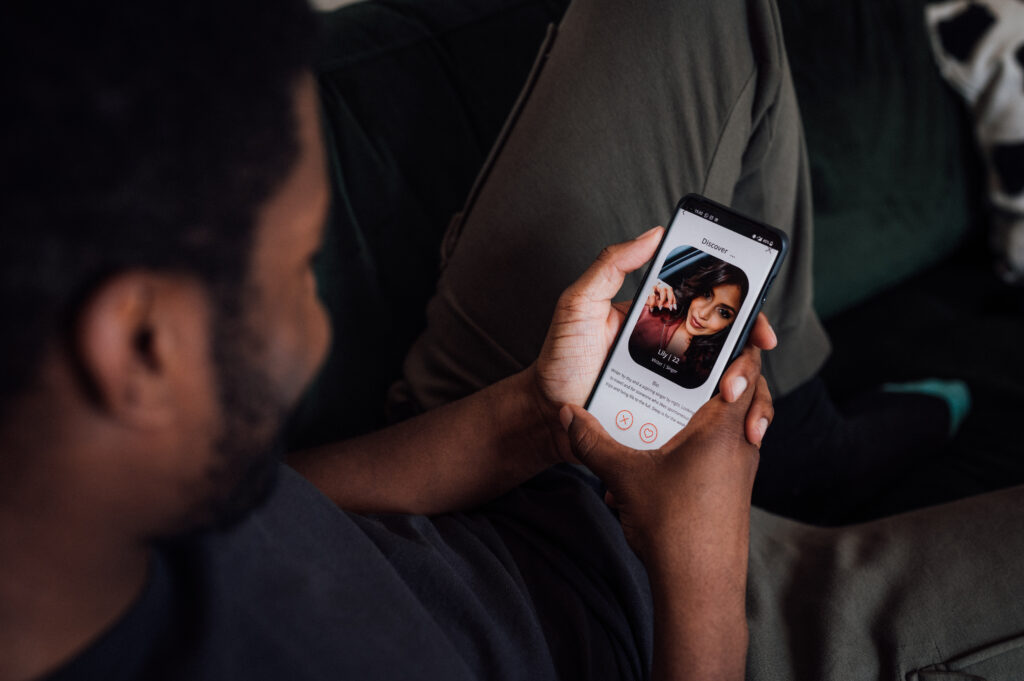As humans, we do best when we have functionality and purpose in our daily lives (plus a healthy dose of hedonism and sex!). But more than anything, we need the perception of free-will and the idea that we control the course of our existence.
Unfortunately, many of us are currently living in a world where our carefully laid plans and routines can be changed at a moment’s notice.
Heading out for drinks after work? Sorry, not anymore! Training all summer for soccer or footy? Too bad, season’s over! Taking your kids camping? Here’s a month of home-schooling instead! These types of disruptions are often significant and unexpected, and can bring with them serious emotional distress and financial heartache.
While the experience is different for everyone, the enforced social distancing, business restrictions, and snap lockdowns can eat away at our sense of autonomy and control. Like a lion plucked from the plains of the Savannahs and dumped into a cage, living with COVID means we can quickly be cut off from everything we know and have come to rely on.
Thankfully, there are a number of everyday things you can do to retain a sense of normality and manage pandemic fatigue.
-
Stick to a routine.
Amidst lockdowns, working from home, and remote learning, the routines that governed our lives and kept us grounded and feeling in control have – for many of us – been changed or lost entirely.
It might seem counterintuitive to praise the ‘daily grind’ of the typical working week, but it also provides consistency and routine. E.g. The standard 9am-5pm promotes healthy wake and sleep times, maintains regular meals and basic hygiene, and separates the office from our family life.
Without that structure, it’s easy to stay up late or sleep-in, to skip breakfast, have an afternoon nap, or perhaps fool yourself into thinking trackies are actual clothing. You can quickly find yourself thinking “what did I even do today, and why I am so tired?”.
Building a daily routine or enforcing your pre-COVID routines (even if you aren’t required to) will subsequently enhance your perception of control and security. So, wake at the same time, have a shower and get dressed, then plan for three square meals and fill the day with as much enjoyment and satisfaction as you can. If you went to the gym every day, try to smash a daily workout so you feel empowered physically.
Sure, another 100+ cases were just announced, and a few thousand protestors have potentially spread COVID up and down Sydney’s CBD, but you’re at least rested, fed, and ready to deal with it.
-
Disengage from the COVID vortex.
Remember Y2K and how the world was going to explode because of a computer glitch? Nike ran an awesome ad at the time that features a man going for his daily run while looters run riot and the world falls apart around him.
Eventually he passes someone else doing the same thing; the clip fades to black, and “Just Do It” flashes on the screen. The message applies equally now as it did then: focus on the things within your control and let the world handle itself.
I’m not suggesting we ignore COVID in the way that flat-earthers ignore logic, but becoming fixated and checking the news for updates every 30 minutes is not likely going to help your physical or mental health. Check the health alerts before you go into busy areas, follow the rules that apply to you and read the news once or twice a day. That is enough to stay safe and informed, without unnecessarily burdening yourself with negativity and worry.
Instead, invest in the things that bring you joy and satisfaction in life – only engage with COVID when you need to.
-
Avoid mindless activities.
While you should aim to disconnect from COVID unless necessary, not every distraction is necessarily a good one. After a day spent home-schooling a six year-old and playing with a toddler (whilst trying to maintain the façade of working from home), it can be tempting to reach for short-term pleasures.
Whether it is Netflix, social media, TV, or trawling the marketplace for spare parts to buy for a hobby you never have time to pursue, these types of things offer immediate gratification and feel great in the short-term, but often don’t provide any true sense of enjoyment or satisfaction. They can also leave us feeling guilty and worse for having wasted precious time.
So, as hard as it might be when you’re feeling fatigued or stressed out, try to avoid becoming a couch potato. Go for a run instead; read a book; or learn a language or an instrument. Maybe reconnect with your partner, organise Zoom beers with your mates, or play some Xbox with your kids.
-
Seek support.
All of the above might read nicely in theory, but it’s not worth a lot if you can’t put it into action. Sadly, blokes tend to struggle to ask for mental or emotional support (hell, we’d rather send ourselves into a tailspin trying to fix something alone rather than suffer the embarrassment of asking someone for help and be done in five minutes, right!?).
But we’re living in a global pandemic here. There’s a virus out there taking lives, ravaging communities and businesses, and fundamentally changing the way we live our lives. Now is not the time to suffer in silence. We’re not invincible, and it takes more strength to seek help than it does to ignore the problem.
So, if you find yourself identifying more with the lion-in-the-cage, or if things are getting too much and you’re feeling overwhelmed, talk to someone – friends, family, loved ones, whoever you like. Alternatively, talk to your doctor today and ask for a referral to a psychologist (everyone can access upwards of 20 sessions with a psychologist either free or heavily subsidised). And if things are so bad that suicide is on your mind, call Lifeline on 13 11 14. There is absolutely no shame in talking it out.
















